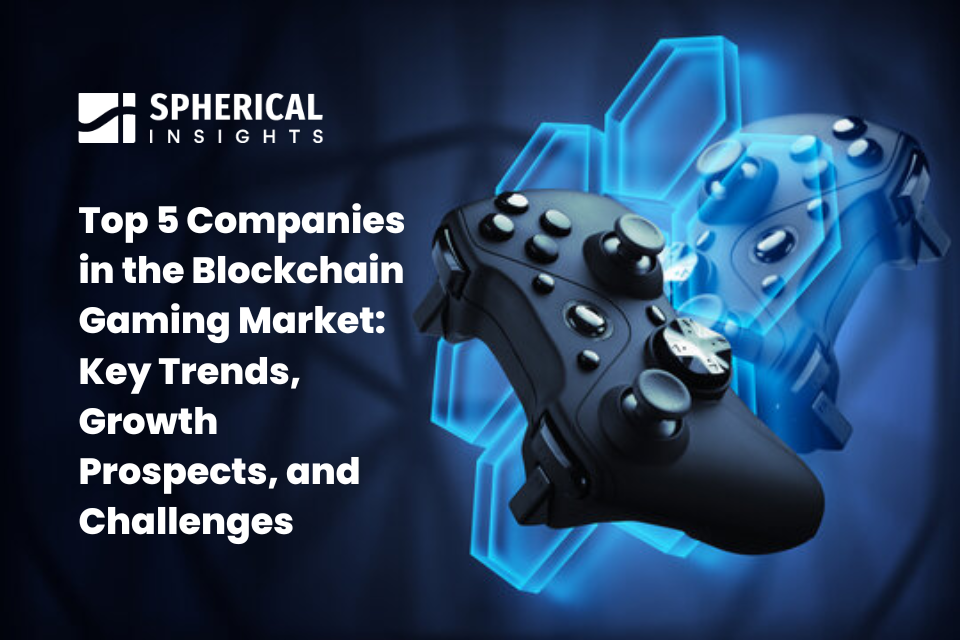BDP Engbu Insights
Your go-to source for the latest news and insights.
Crypto Gaming Trends That Are Leveling Up the Digital Playground
Discover the hottest crypto gaming trends transforming the digital landscape and level up your play. Don’t miss out on the future of gaming!
Exploring the Rise of Play-to-Earn Models in Crypto Gaming
The gaming industry has witnessed a seismic shift with the advent of play-to-earn models, which have gained significant traction in the world of crypto gaming. Unlike traditional gaming, where players invest time and effort without any monetary return, play-to-earn platforms allow gamers to earn real-world value through their in-game activities. This revolutionary approach not only enhances user engagement but also provides an opportunity for players to generate income, thereby transforming the notion of gaming from a hobby to a lucrative venture. Key players in this space include popular titles like Axie Infinity and Decentraland, which have successfully integrated blockchain technology to facilitate the trading of in-game assets and rewards.
As the rise of play-to-earn models continues to reshape the landscape of crypto gaming, several factors contribute to their growing popularity. First, the community-driven aspect of these games fosters a sense of belonging among players, who often collaborate and compete to achieve their gaming goals. Additionally, the transparency offered by blockchain technology ensures that players have true ownership of their assets, which can be traded or sold on various platforms. As a result, many gamers are increasingly drawn to these innovative models that not only provide entertainment but also the potential for financial gains, signaling a new era in the gaming industry.

Counter-Strike is a popular first-person shooter game that pits teams against each other in objective-based gameplay. Players can choose to be part of the terrorist or counter-terrorist team, each with specific goals to achieve. For those looking to enhance their gaming experience, using a shuffle promo code can unlock various in-game content and benefits.
How Blockchain is Revolutionizing In-Game Assets and Ownership
The advent of blockchain technology is transforming the gaming industry by introducing a new paradigm for in-game assets and ownership. Traditionally, players have had little control over their virtual items, as these assets exist solely within the confines of a game’s ecosystem. With blockchain, however, players can truly own their in-game items in a decentralized manner. This means that items such as skins, weapons, or virtual land are registered on a blockchain, allowing players to buy, sell, and trade their assets across different platforms. The introduction of non-fungible tokens (NFTs) plays a pivotal role, granting uniqueness and verifiable ownership to digital goods, thus revolutionizing gaming economies.
Moreover, the integration of blockchain fosters a vibrant secondary market for players looking to monetize their gameplay. By leveraging smart contracts, transactions can be executed automatically and securely, ensuring that developers and players alike can benefit from the trading of in-game items. This shift not only enhances the player's investment in their virtual experiences but also introduces new revenue streams for developers through transaction fees. In summary, blockchain technology is not just altering how we perceive ownership of digital assets but is forging a new economic blueprint where players have more power and flexibility than ever before.
What Are the Latest Crypto Gaming Trends Shaping the Future of Entertainment?
The landscape of crypto gaming is evolving rapidly, with several trends emerging that are shaping the future of entertainment. One of the most significant trends is the rise of play-to-earn (P2E) games, where players can earn cryptocurrencies and in-game assets that hold real-world value. This shift is enticing gamers worldwide, as it allows them to monetize their gameplay experiences. In addition to P2E, the integration of decentralized finance (DeFi) features into gaming platforms is gaining traction, enabling players to stake their in-game assets for additional rewards. As these trends continue to grow, the gaming industry is not only attracting traditional gamers but also a new audience curious about the possibilities of earning while having fun.
Another compelling trend is the increasing use of non-fungible tokens (NFTs) within the gaming ecosystem. NFTs are facilitating unique ownership and trade of in-game assets, such as skins, characters, and virtual real estate, allowing players to buy, sell, and trade these items on various marketplaces. Furthermore, collaborations between popular franchises and blockchain developers are producing hybrid games that blend traditional gaming mechanics with crypto elements. As gamers become more aware of the value that crypto gaming can bring, these innovative trends are setting the stage for a new era of entertainment where the lines between gaming, investment, and community building are increasingly blurred.